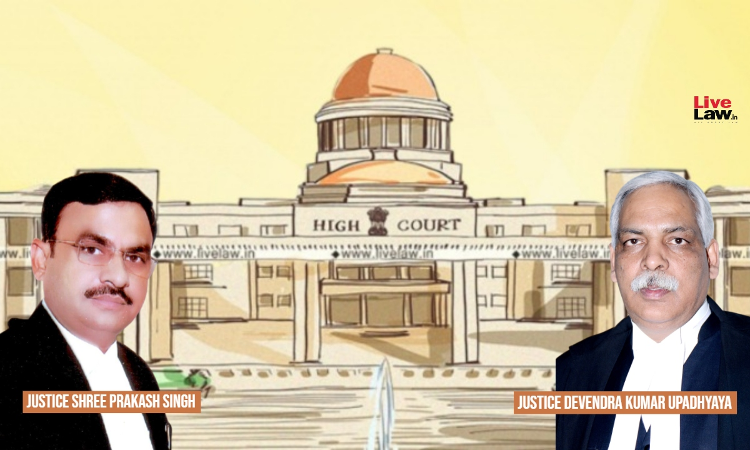Only Governor Can Take Action Under Art. 351 Of CSR If Govt Servant Is Found Guilty Of Grave Misconduct After Retirement: Allahabad HC
Sparsh Upadhyay
27 Sept 2022 2:13 PM IST

Next Story
27 Sept 2022 2:13 PM IST
The Allahabad High Court has held that after the retirement of a government servant, if such employee is found to be guilty of grave misconduct or is found to have caused pecuniary loss to the Government, it is the Governor who can take action as provided in Article 351-A of the Civil Service Regulations.With this, the Bench of Justice Devendra Kumar Upadhyaya and Justice Shree Prakash Singh...
